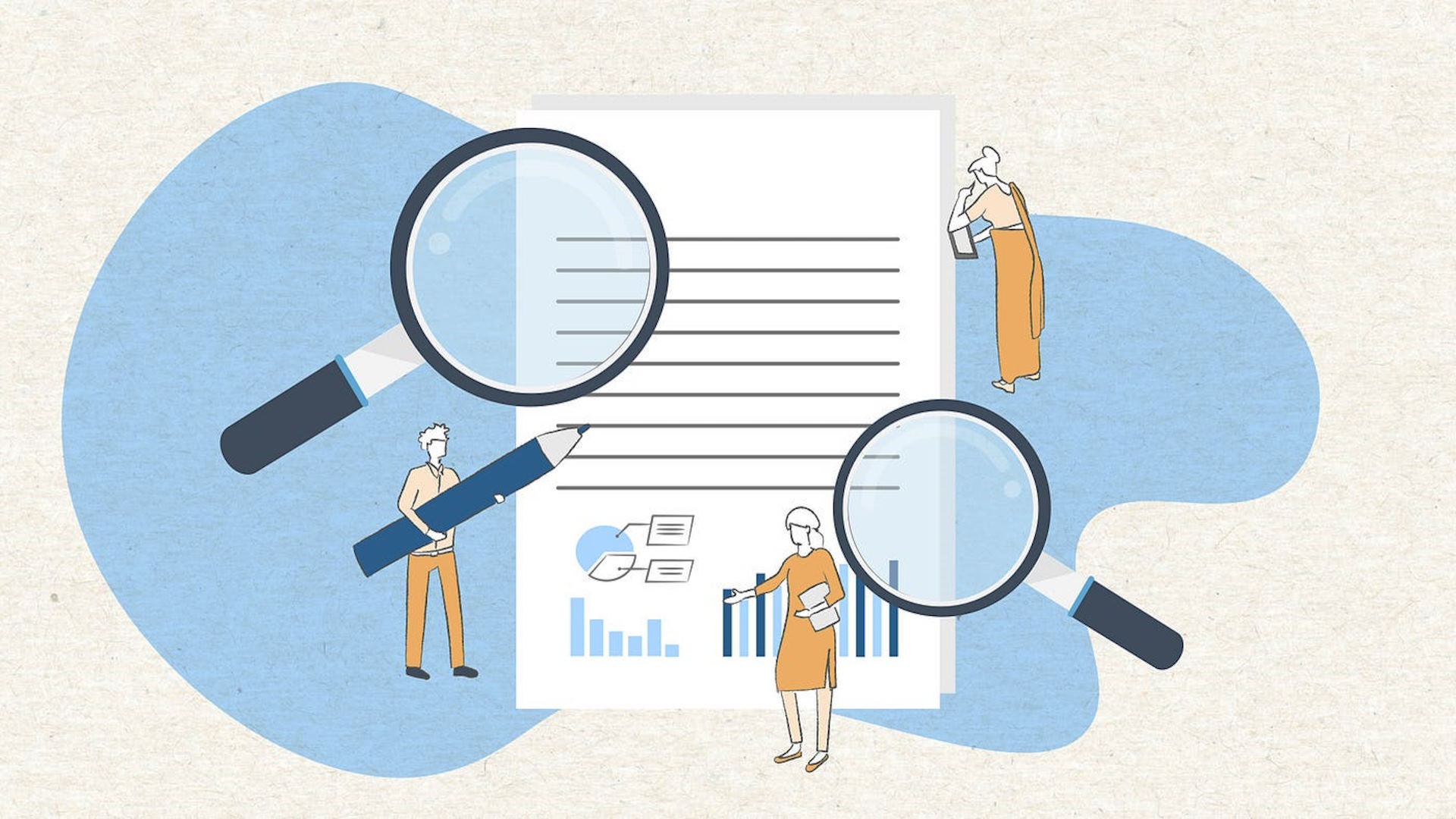Data analytics can impact scholarly communication in different ways. Some of these ways are uncovering patterns, driving editorial decisions, enhancing visibility, enhancing efficiency, encouraging collaboration, and career development. They reveal the optimal timing for publishing and promoting the entire research content.
Qualified researchers from around the world use data analytics and identify peak engagement periods. They make certain that their work is shared when it is possible to attract their target audience. Data can be properly used to uncover the trends in the competitive research communities throughout the world.
The role of data-driven insights
Many people think about the role of data-driven insights in academic publishing at this time. Data-driven insights are used in academic publishing to make decisions regarding the content, dissemination of research, and workflow. First-class data analytics are useful for publishers and researchers to enhance the research impact, improve visibility and accessibility, anticipate trends, maximize transparency and efficiency, and foster collaboration.

Experienced publishers use world-class tools to gain data-driven insights. Some of these tools are Google Analytics, Impact Vizor, and Adobe Analytics. You can read honest reviews of all these tools one after another and make certain the stress-free method to use the suitable tool as per your requirements. You will get the most exceptional benefits and be encouraged to efficiently use data analytics.
How to transform scholarly communication
Have you planned for transforming scholarly communication through data analytics as efficiently as possible? You have to be very conscious about how to use data analytics and transform scholarly communication. The best data analytics help researchers understand how their work is used and shared and how to reach the target audience. They assist researchers in identifying gaps in knowledge, potential collaborators, and emerging research areas.

Data analytics can help researchers track how their work is accessed and shared and how to enhance its visibility and accessibility. They assist researchers find potential collaborators and explore complementary research areas. They can help foster collaboration and transparency, especially among stakeholders. They can help publishers develop new products and services to meet the requirements of customers.
Do you decide to find and use one of the best data analytics tools for tracking scholarly trends on time? You can read honest reviews of Tableau, QlikView, KNIME, SAS, Python, Apache Spark, Looker, Google Analytics, and Project Jupyter. Every user of these tools can get more than expected benefits. They get enough assistance to track scholarly trends and make informed decisions without complexity in any aspect.







